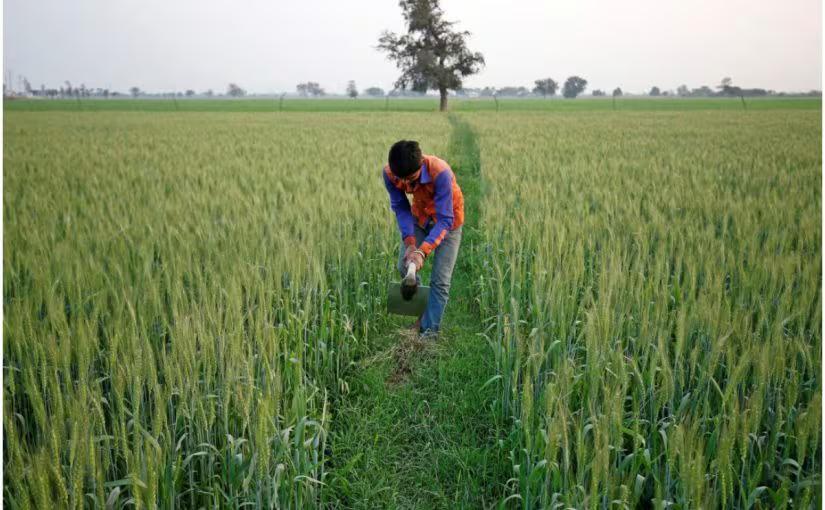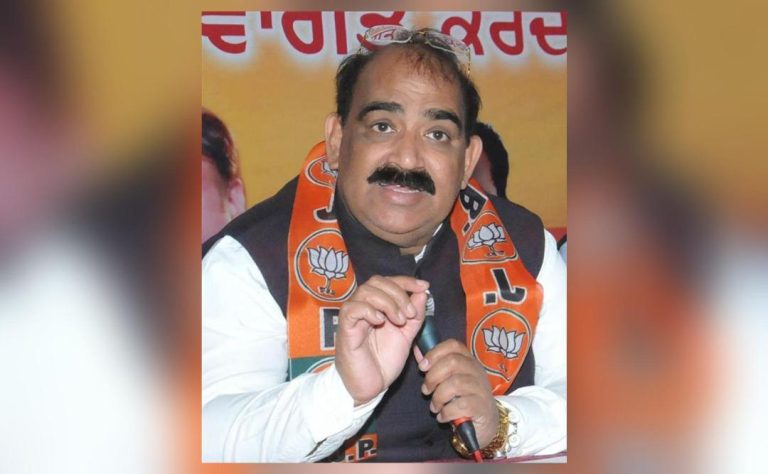
Important to Protect Farmers: India in its Response to Trump’s 25% Tariff Announcement
The recent announcement by US President Donald Trump to impose a 25% tariff on India has sent shockwaves across the global trade community. In response to this decision, the Ministry of Commerce & Industry in India has made it clear that the government will take necessary steps to secure India’s national interest, just as it has done during other trade deals.
In a statement released by the Ministry, it was noted that the government attaches the utmost importance to protecting and promoting the welfare of Indian farmers, entrepreneurs, and Micro, Small, and Medium Enterprises (MSMEs). This emphasis on protecting Indian farmers is crucial, as they play a vital role in the country’s economy.
Farmers in India are the backbone of the country’s agricultural sector, which is a significant contributor to the country’s GDP. The agricultural sector employs over 50% of India’s workforce and contributes to around 17% of the country’s GDP. The sector also plays a crucial role in providing food security to the country’s vast population.
The Indian government has been a strong supporter of its farmers, and this stance is evident in its policies and initiatives aimed at improving their lives and livelihoods. The government has implemented several schemes and programs to benefit farmers, including the Pradhan Mantri Kisan Samman Nidhi (PM-KISAN) scheme, which provides financial assistance to small and marginal farmers.
India’s agricultural sector has been growing steadily over the years, with the country becoming one of the world’s largest producers of agricultural products such as rice, wheat, and cotton. The sector has also seen significant growth in exports, with India emerging as a major player in global agricultural trade.
In recent years, India has been a vocal advocate for the interests of its farmers and has taken several steps to protect their interests. In 2018, the government implemented a minimum support price (MSP) for crops, aimed at ensuring that farmers receive a fair price for their produce. The MSP was introduced to help farmers recover their costs and ensure their livelihoods.
The government has also been working to improve the infrastructure and logistics of the agricultural sector, with a focus on enhancing the efficiency and effectiveness of farm-to-market supply chains. This includes initiatives such as the development of cold chains, storage facilities, and transportation infrastructure.
Moreover, the government has been promoting organic farming and sustainable agriculture practices, which are critical for ensuring the long-term sustainability of the sector. The government has also been working to promote agricultural exports, which has helped to increase the country’s share in the global market.
In the context of the recent tariff announcement by the US, the Indian government has made it clear that it will take necessary steps to protect its national interest. This includes exploring all options to address the tariff and ensure that Indian farmers and entrepreneurs are not negatively impacted.
The Ministry of Commerce & Industry has also emphasized that the government will continue to engage with the US government to resolve the issue amicably. This is consistent with India’s approach to resolving trade disputes, which has been marked by diplomacy and dialogue.
India’s response to the US tariff announcement is significant, as it highlights the country’s commitment to protecting its farmers and entrepreneurs. The government’s stance is also a testament to its ability to negotiate effectively and promote its national interest in the global trade arena.
In conclusion, India’s response to Trump’s 25% tariff announcement is a clear indication of the government’s commitment to protecting its farmers and entrepreneurs. The government’s emphasis on promoting the welfare of farmers and MSMEs is crucial, as they play a vital role in the country’s economy. The government’s approach to resolving trade disputes through diplomacy and dialogue is also commendable, and it is hoped that a mutually beneficial solution can be found to address the tariff issue.





